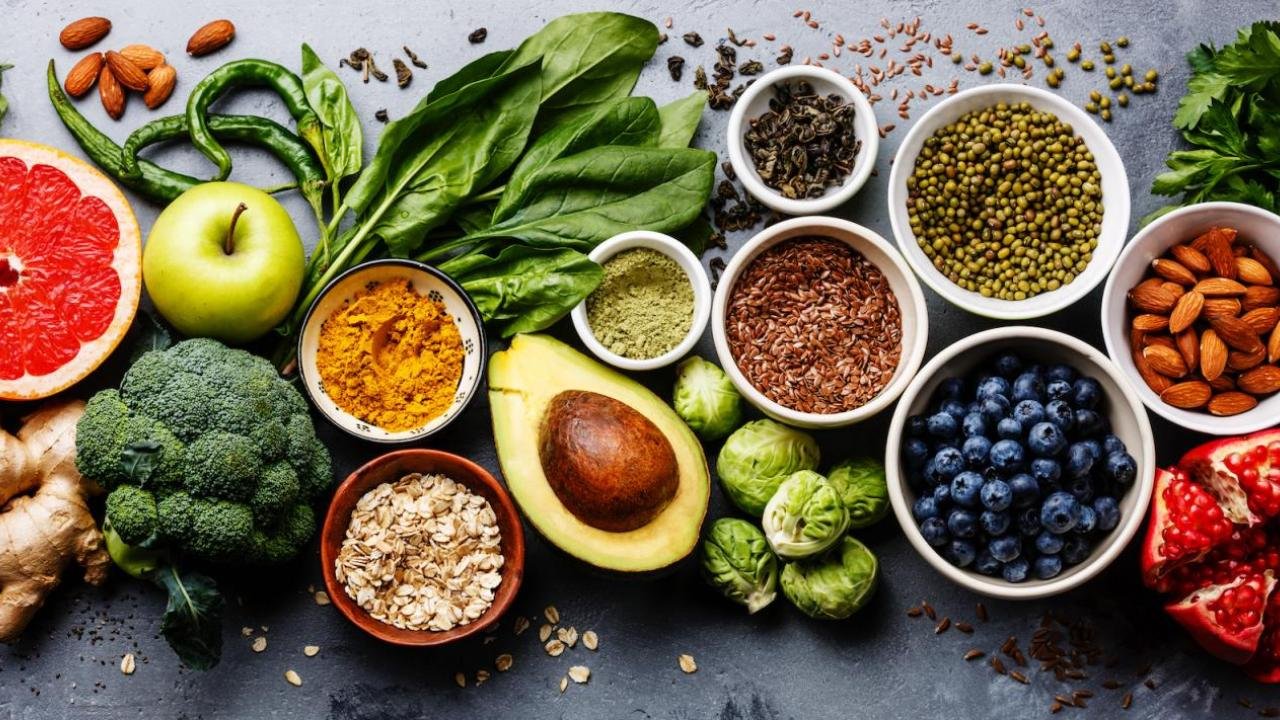Organic food has been gaining popularity in recent years as more people are becoming conscious about their health and the environment. The term “organic” refers to the method of farming and processing agricultural products. Organic farming practices are designed to encourage soil and water conservation, reduce pollution, and promote a healthier ecosystem.
One of the main reasons why people opt for organic foods is because they are free from synthetic pesticides, chemical fertilizers, genetically modified organisms (GMOs), and irradiation. These substances can potentially harm our bodies as well as the environment.
Organic foods play a crucial role in a healthy diet due to their high nutritional content. They are rich in vitamins, minerals, enzymes, and micronutrients compared to conventionally grown foods. This is mainly because the soil used in organic farming is managed with sustainable practices by responsible standards.
The absence of pesticides and chemicals in organic foods also means that they do not contribute to building up toxins in your body. Consuming organic food reduces the risk of diseases caused by these harmful substances. Furthermore, research has shown that organically grown fruits and vegetables contain higher levels of antioxidants than their conventionally grown counterparts.
Organic foods also tend to be fresher because they do not contain preservatives that make them last longer. Fresh food contains high amounts of nutrients which are vital for maintaining a healthy body. Additionally, organic farming is better for the environment as it reduces pollution, conserves water, reduces soil erosion, increases soil fertility, and uses less energy.
Including organic foods in your diet can significantly improve your health while reducing your carbon footprint on the environment. However, it’s important to note that eating organic is just one part of leading a healthy lifestyle. Regular exercise along with balanced meals consisting of proteins, carbs, fats along with plenty of fruits and vegetables should be included in your daily routine.
It’s also worth noting that while organic foods have numerous benefits; they can be more expensive than conventionally grown foods. This is due to the costly farming practices and the lower volume of production. Therefore, it’s recommended to prioritize your organic purchases. Opt for organic versions of foods known to have the highest pesticide levels like strawberries, spinach, kale, apples, and grapes.
In conclusion, organic foods offer a range of health benefits that contribute to a healthier diet and lifestyle. They are free from harmful chemicals and GMOs, contain higher levels of nutrients and antioxidants, and are fresher due to the absence of preservatives. Incorporating organic food into your diet can be a smart nutritional choice for personal health and environmental sustainability. However, leading a healthy lifestyle requires more than just eating organic; regular exercise and balanced meals should also be part of your wellness journey.












